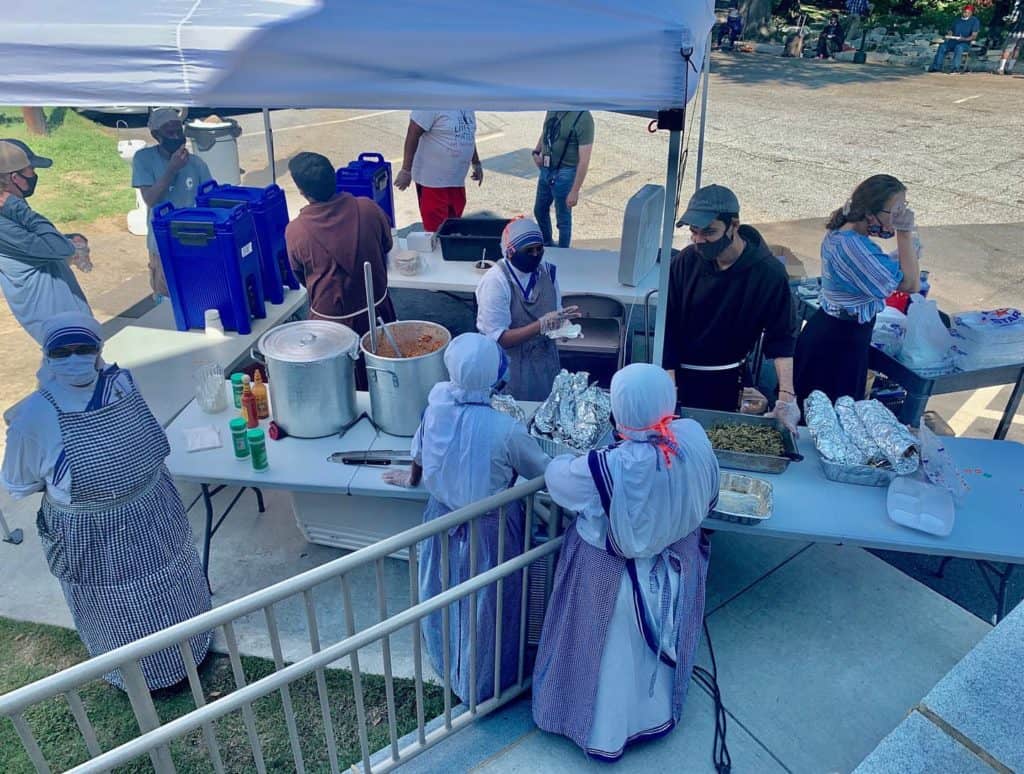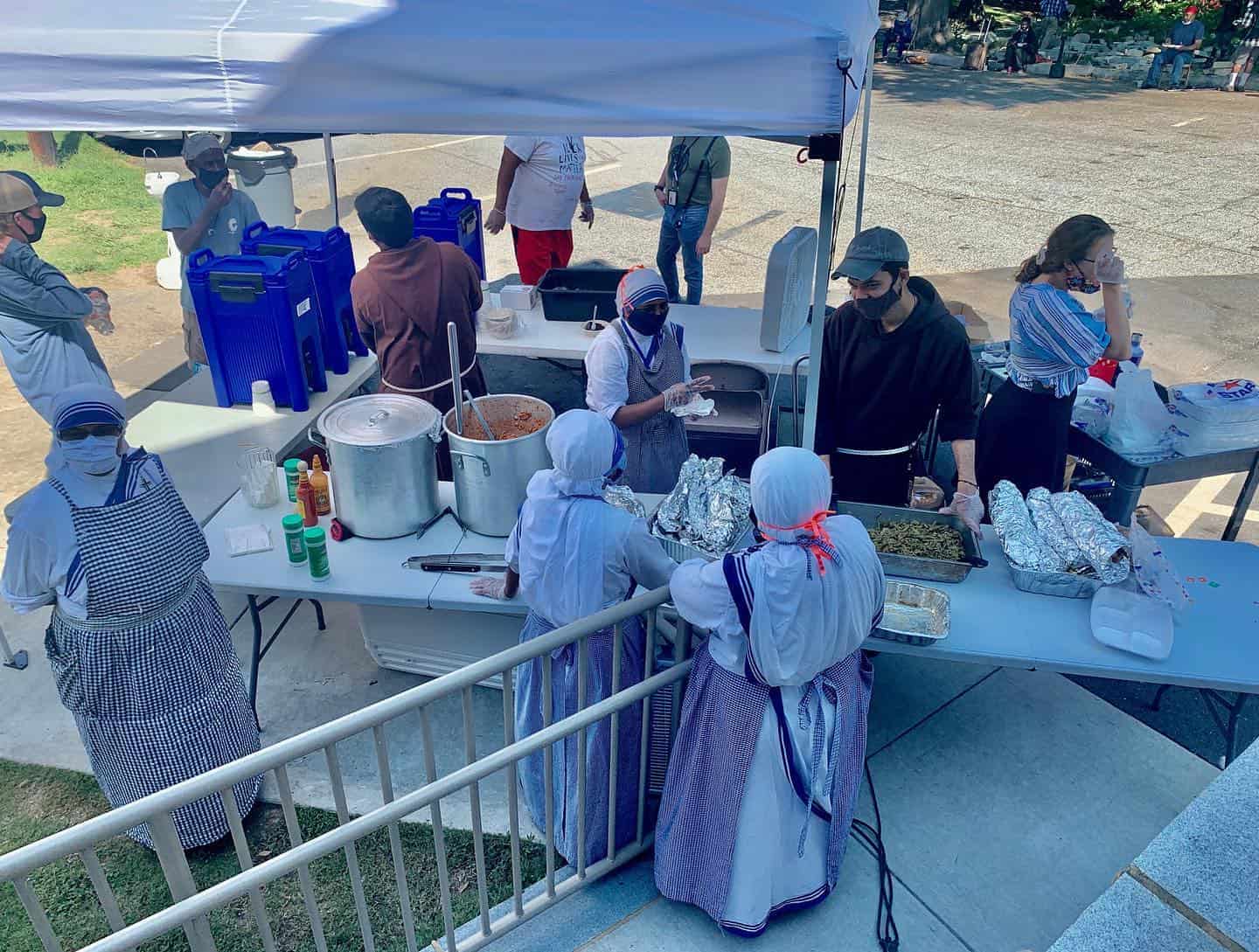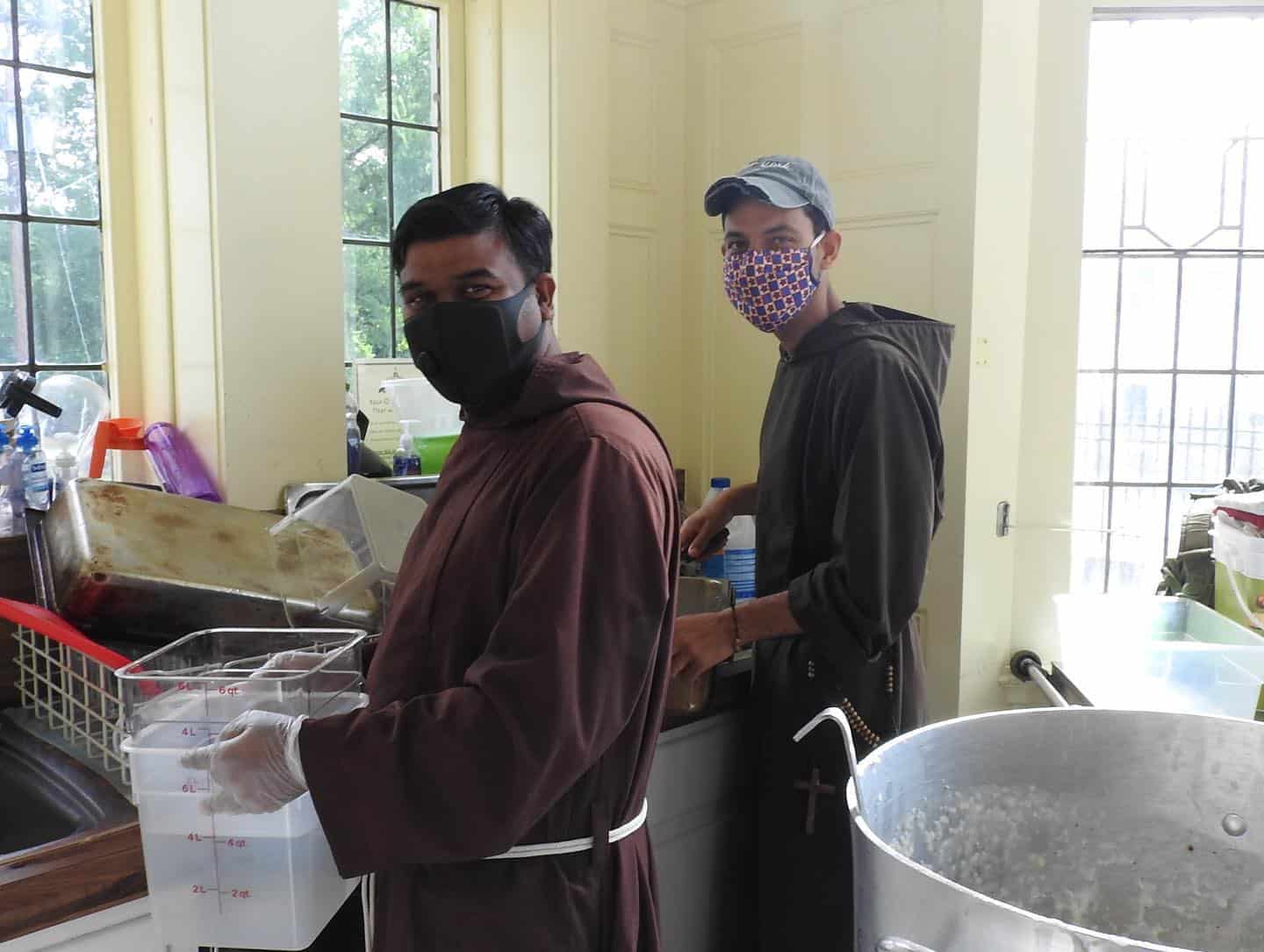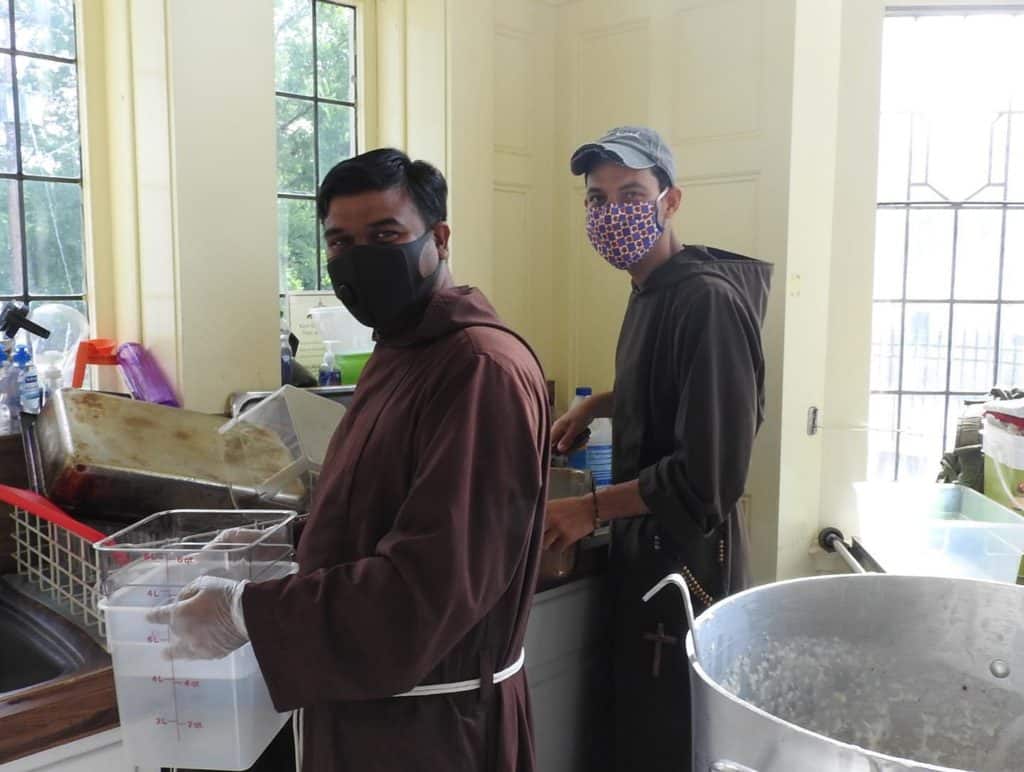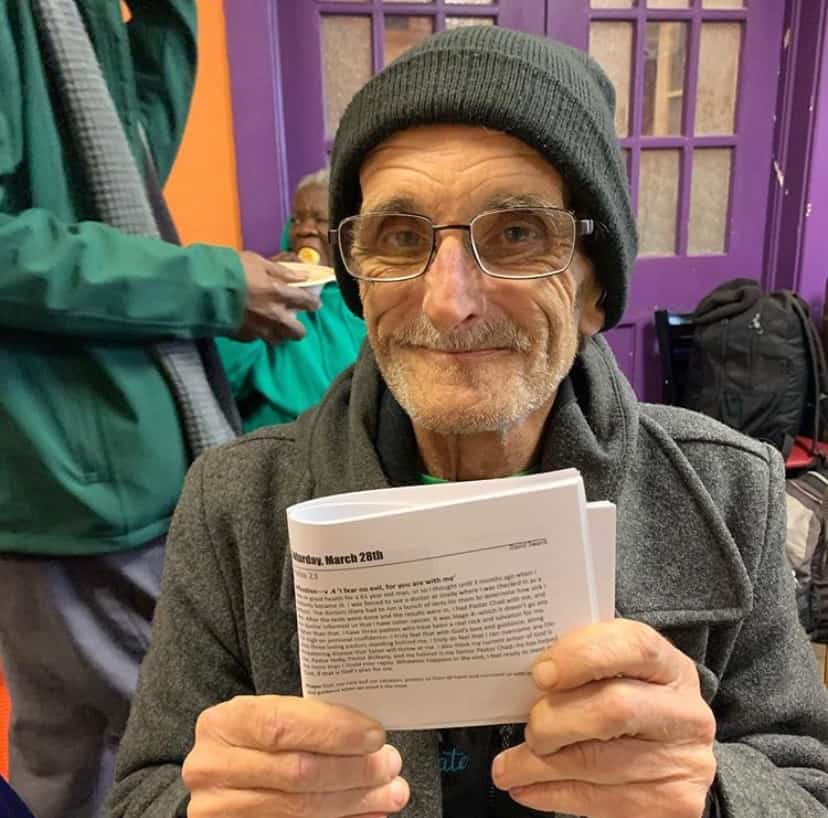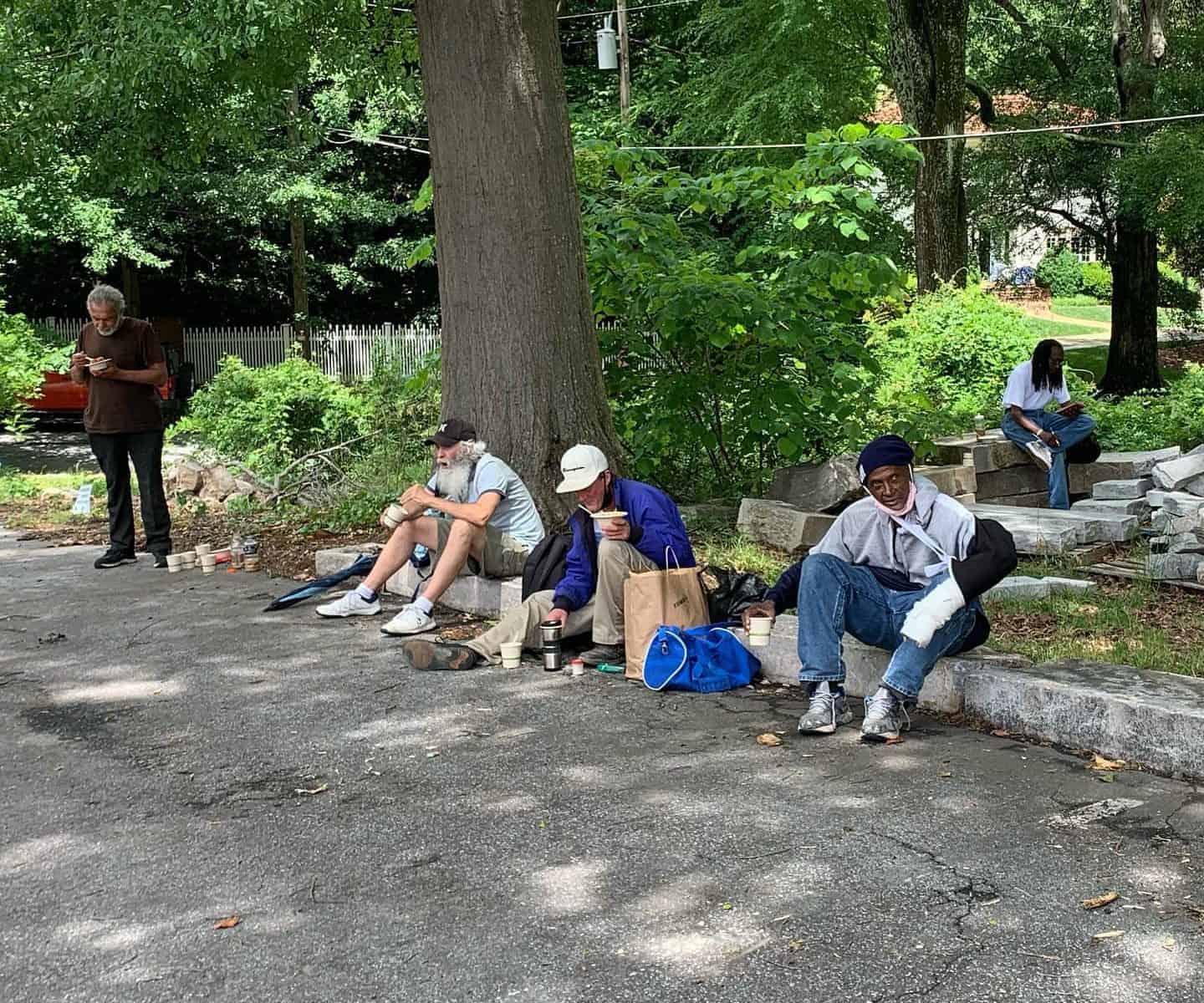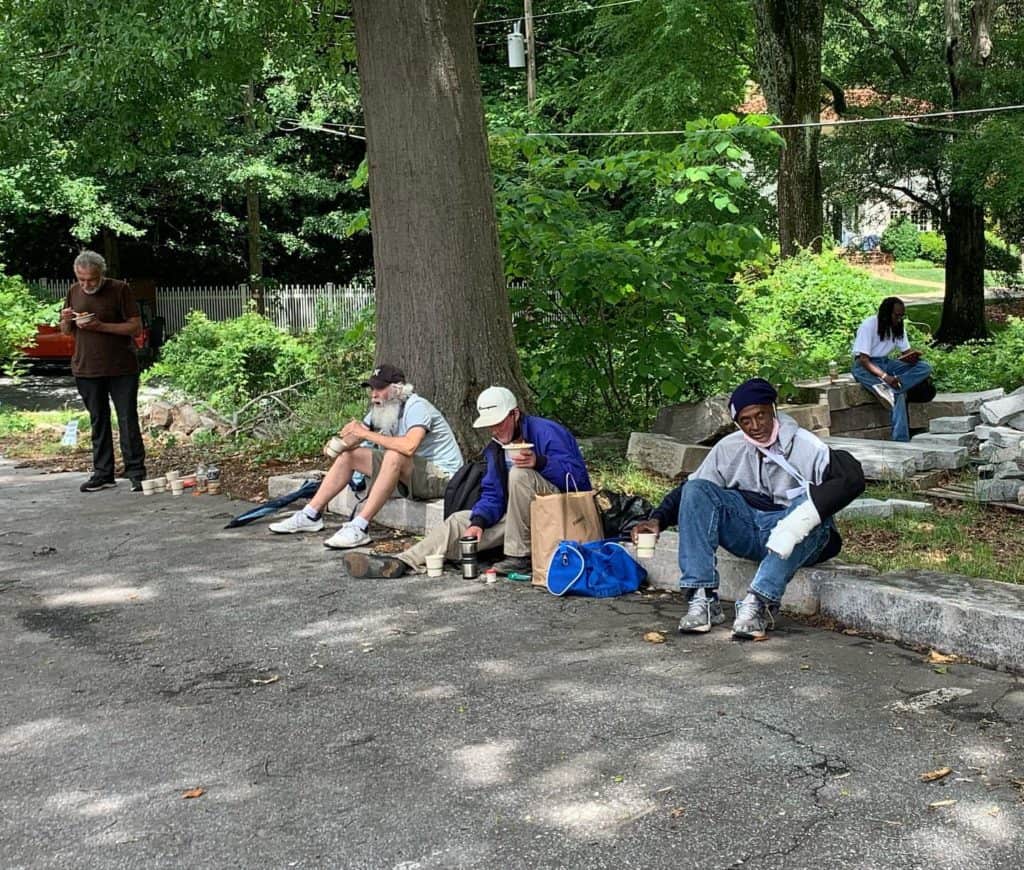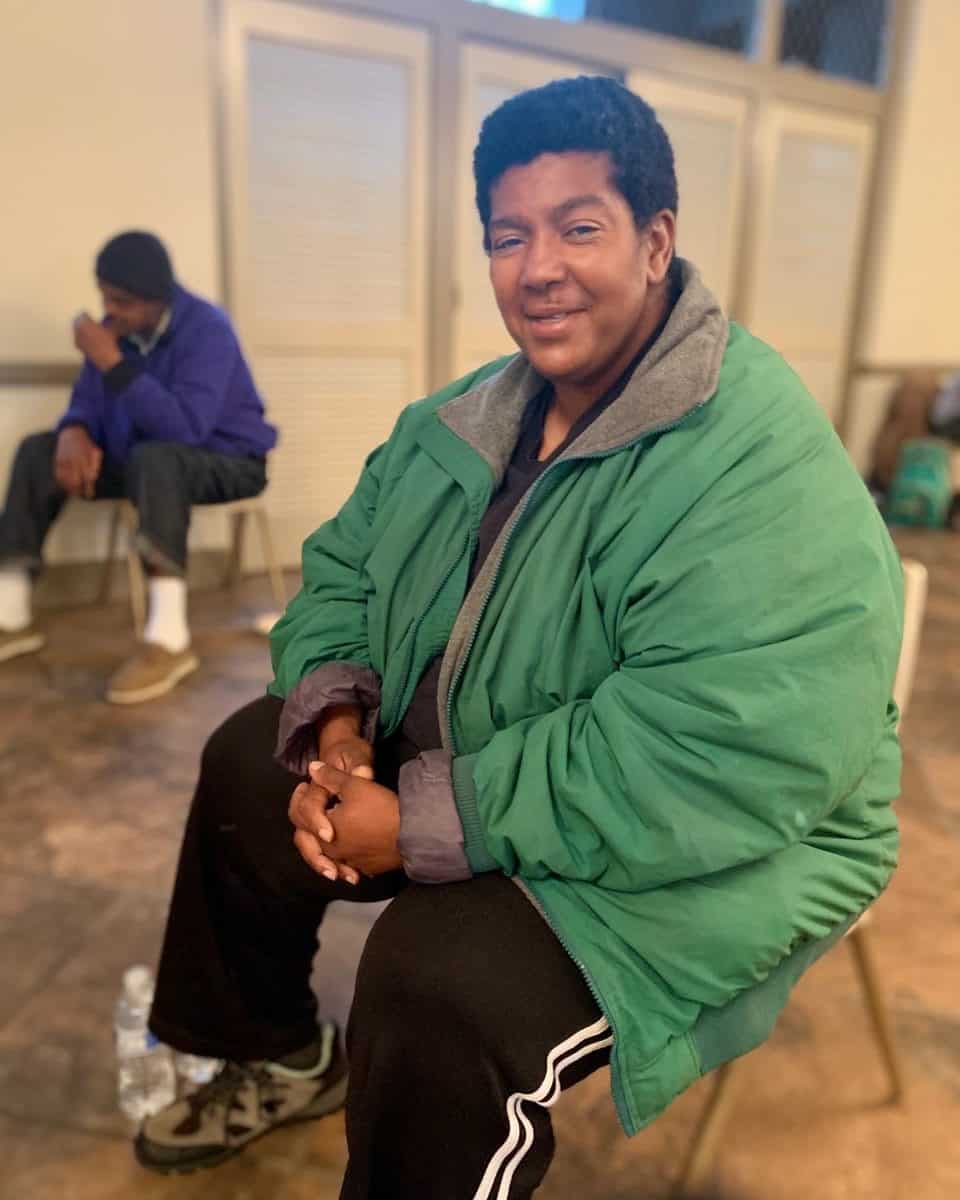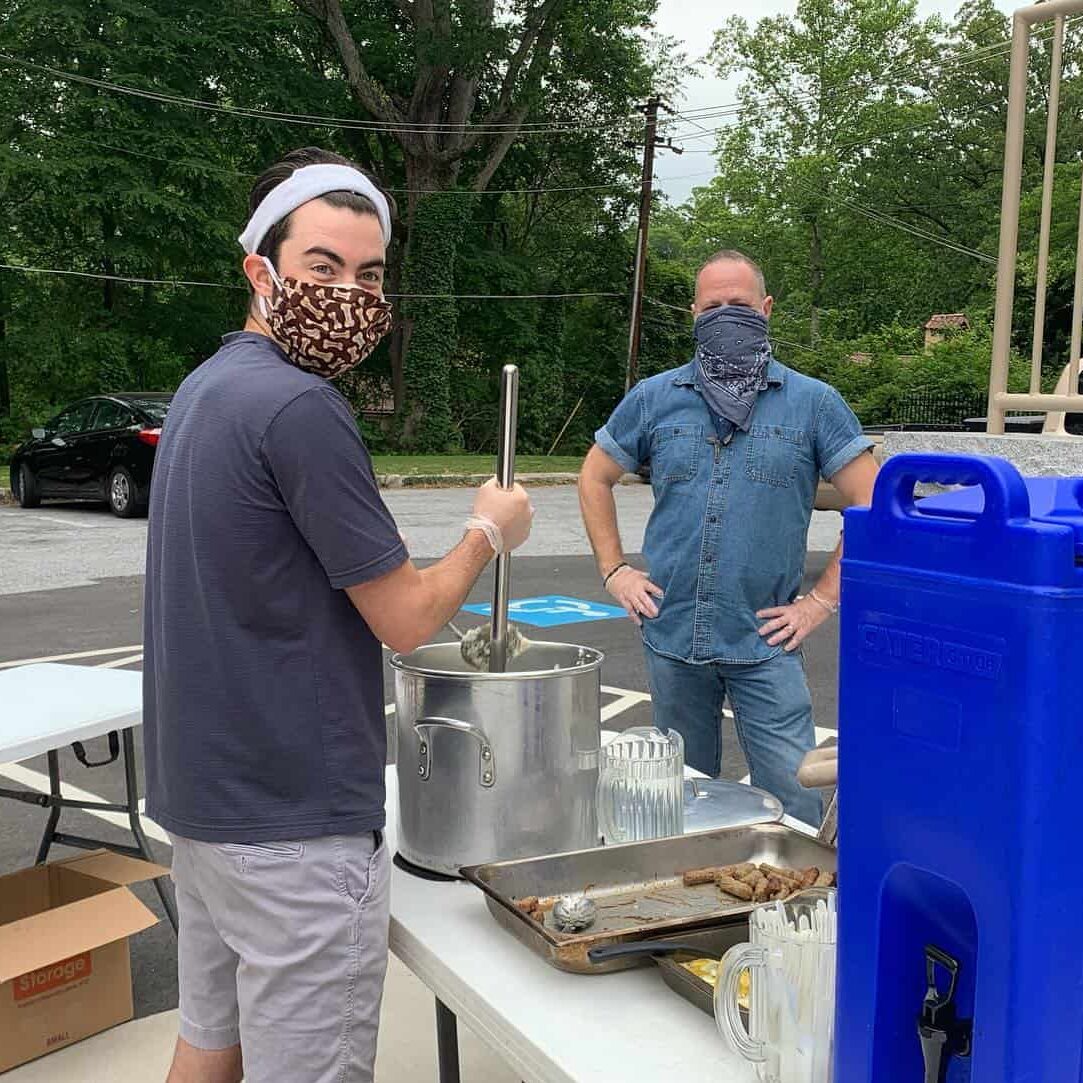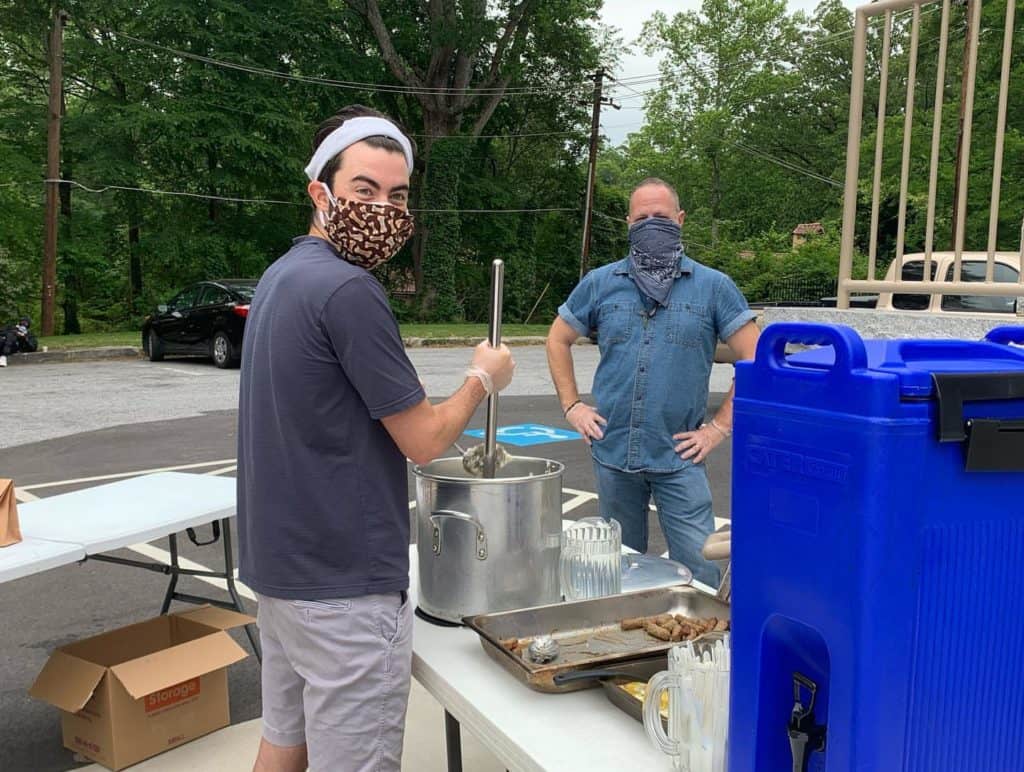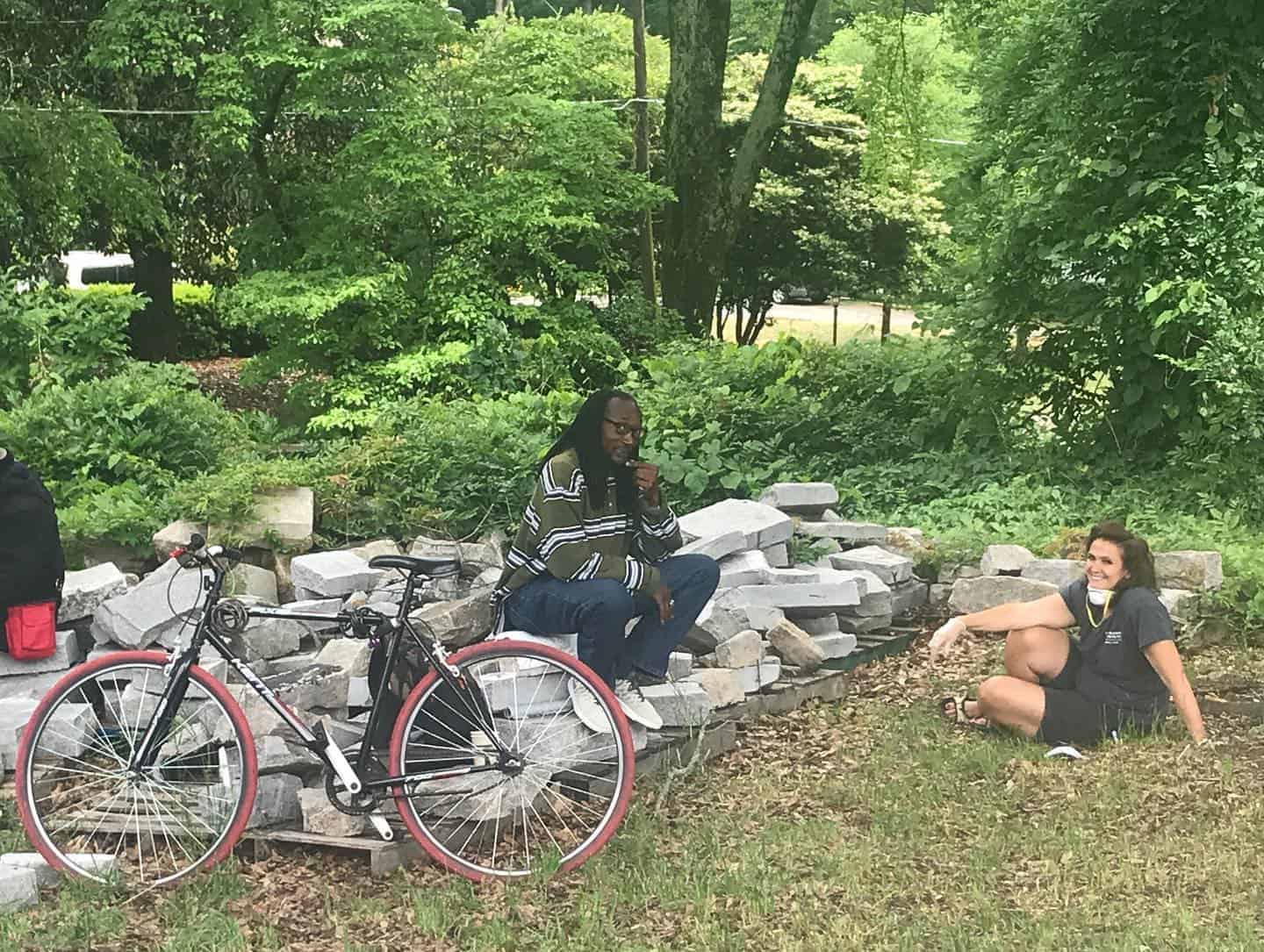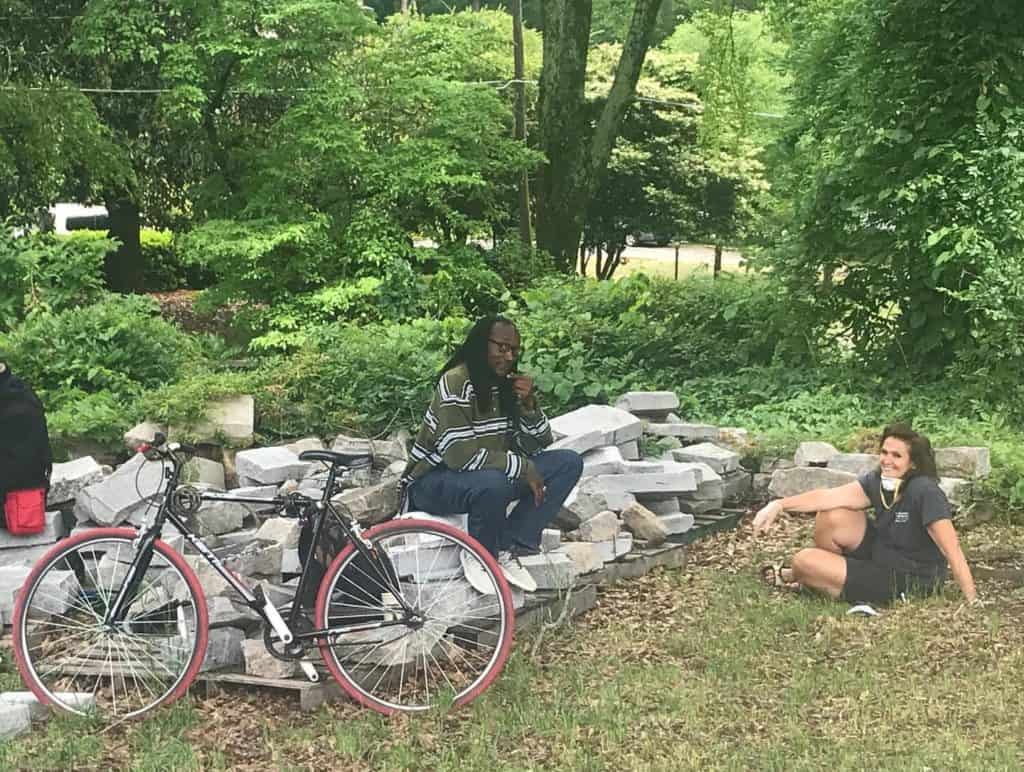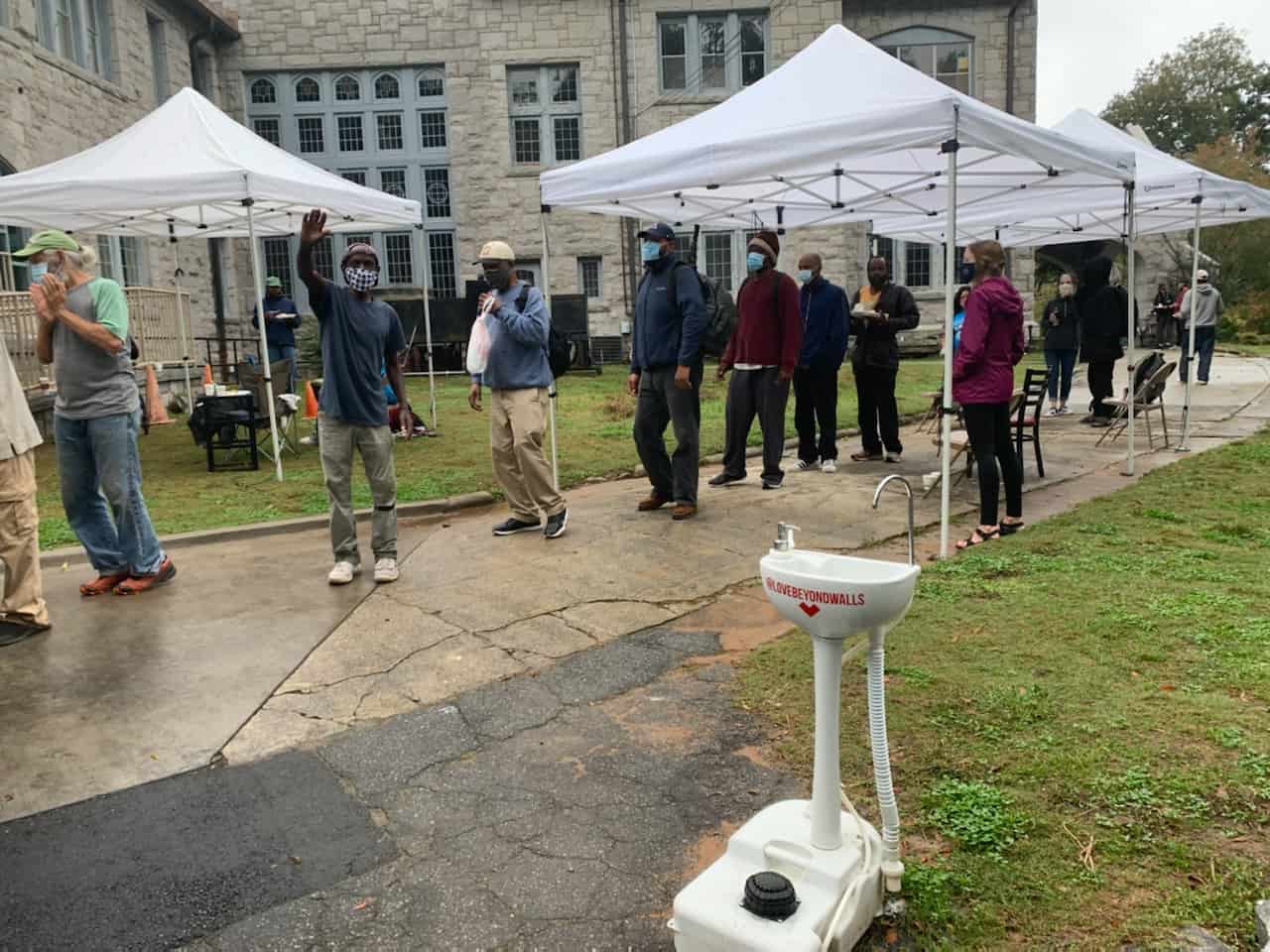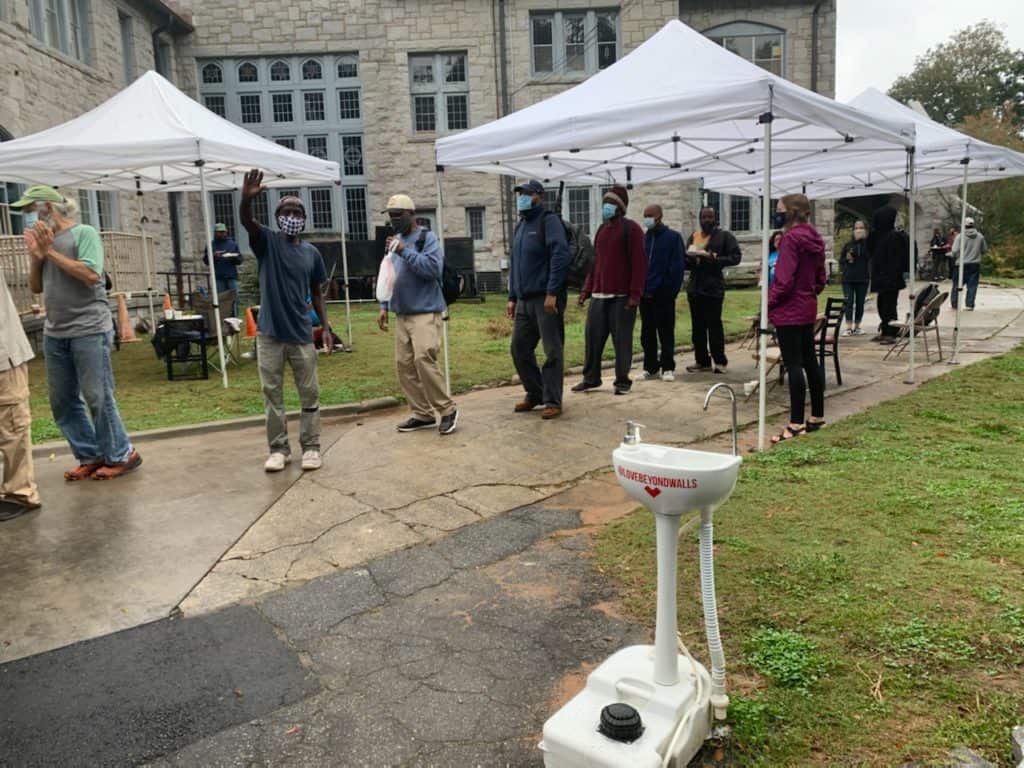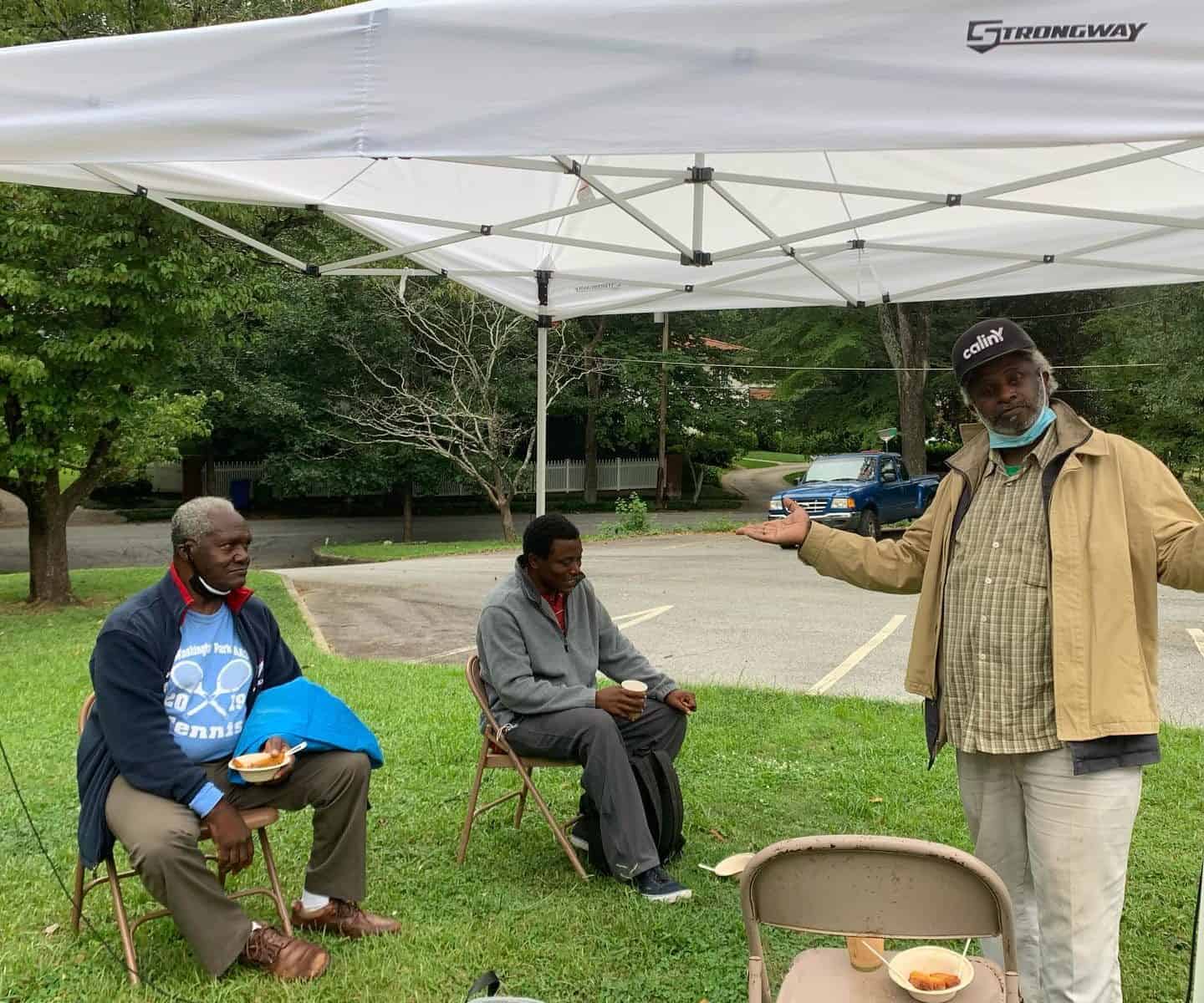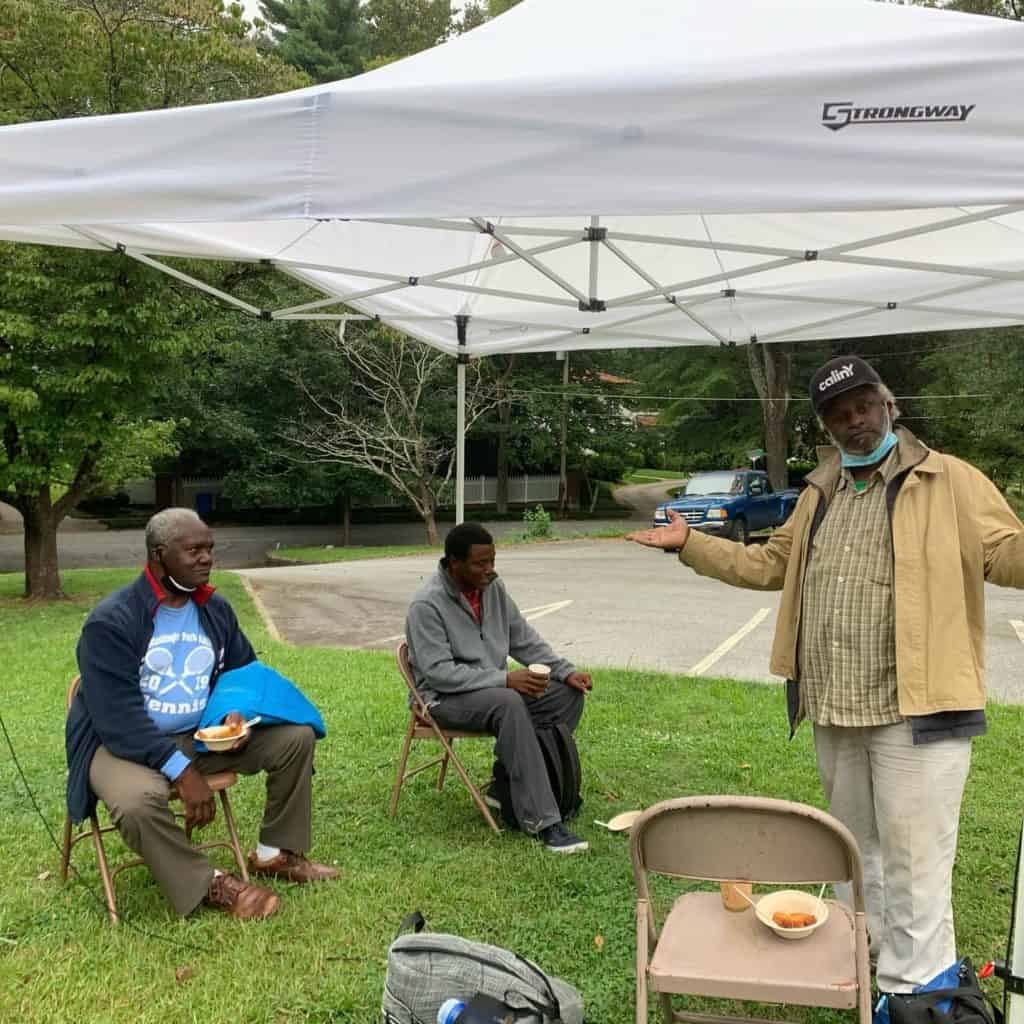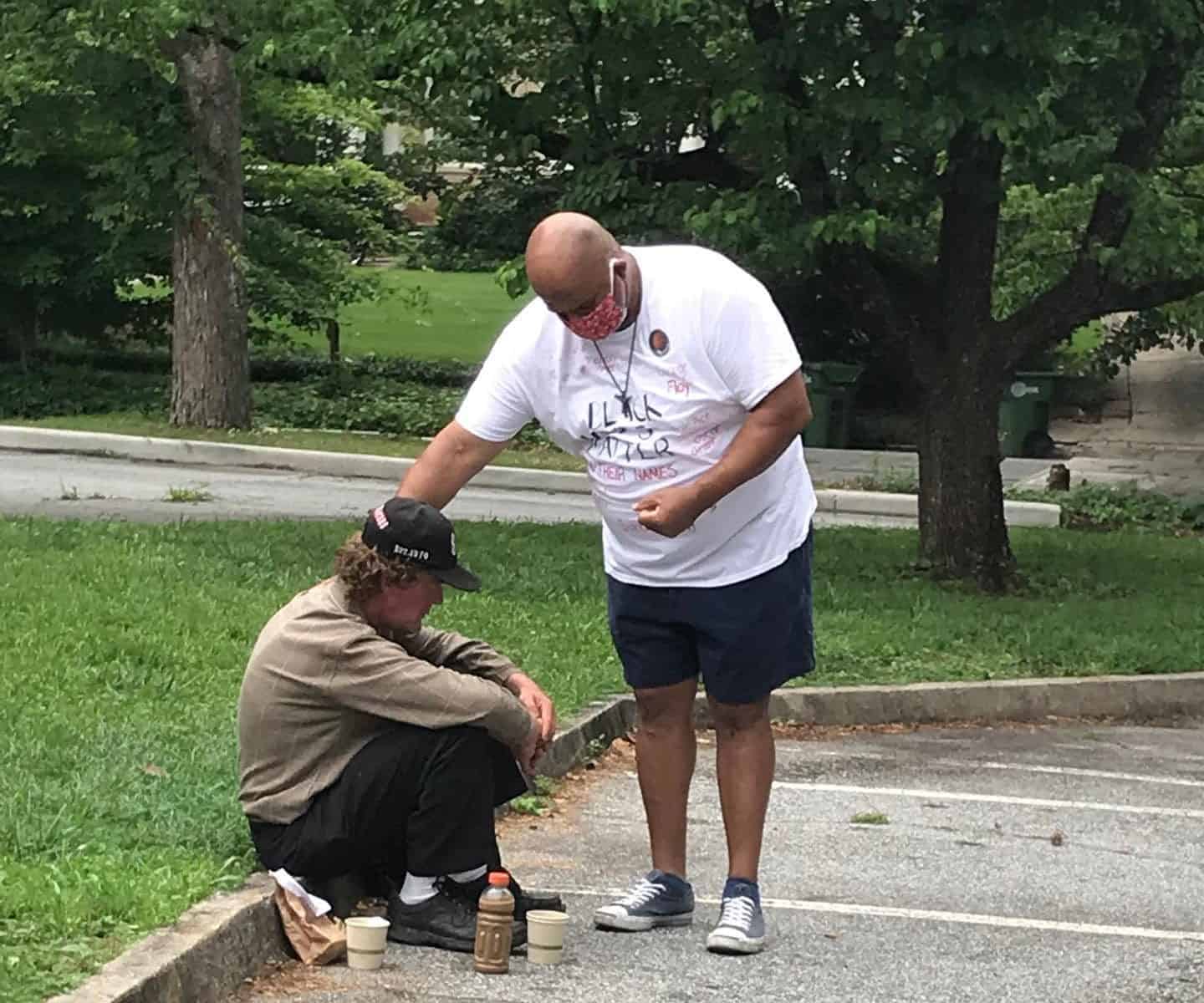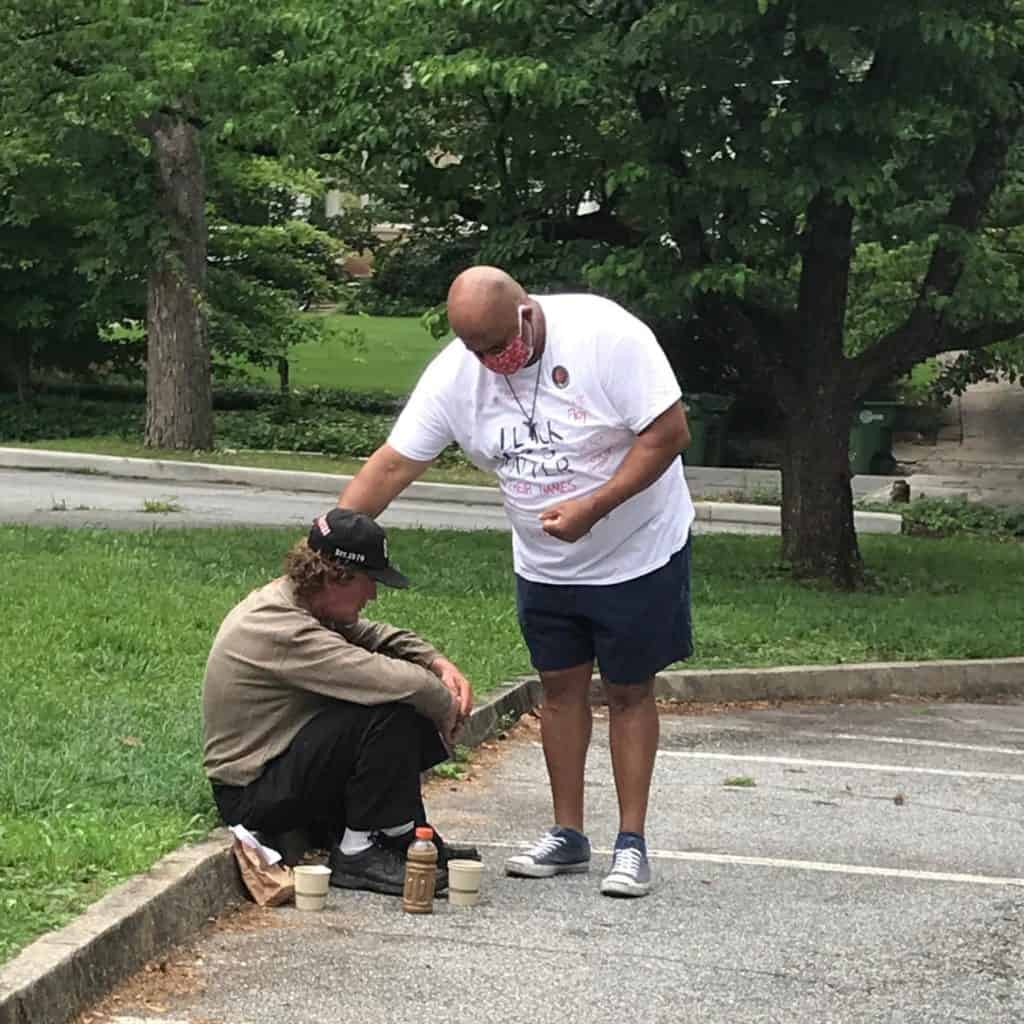Author: Brittany Fiscus-van Rossum
Isaiah 40: 1-11
Reflection: v. 1, ‘Comfort’
‘Comfort, O comfort my people,’ God says, speaking of God’s people in exile. When we are struggling, when we are experiencing oppression, when we have been pushed down by the powers that be, when we feel forgotten, overlooked, and devalued, it is good to know that God desires to comfort us. That being said, some of us can become too comfortable sometimes. Some of us grasp to cling to our privileged creature comforts as if they will be ripped away at any moment. We prioritize the well-being, success, and needs of ourselves over others as if they are rights that only we deserve. We create a false idol of perfected suburban ‘safety’ and fight for it until we push out the neighbors we are called to love—but instead fear. Too much comfort and too much complacency can be a dangerous thing if it makes us oblivious to the pain and struggle of others—if it makes us oblivious to the reality of systemic poverty and racism in our city and elsewhere. Let us remember that God speaks these words to a people experiencing exile. God declares this comfort and goodness for those left without such things. It is true that there will be times when we all need God’s mercy and comfort. But may the loving tenderness of our creator also urge us toward justice. May our own comfort move us toward compassion. May we seek and work for the comfort and wellness of God’s hurting people and never just for me and my own.
Prayer O Loving Creator, may your comfort move us toward compassion.
